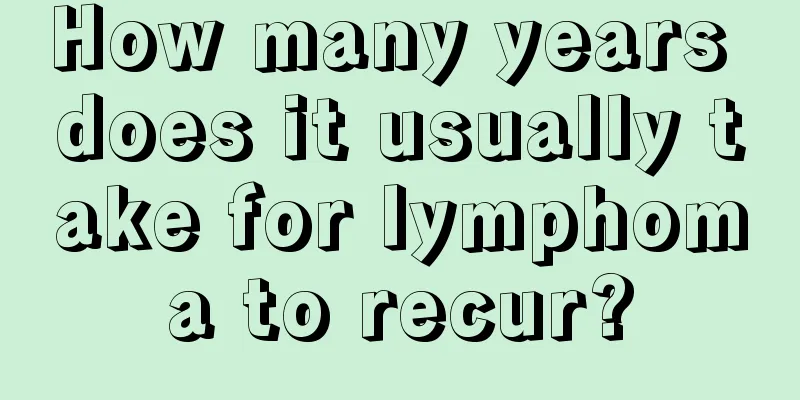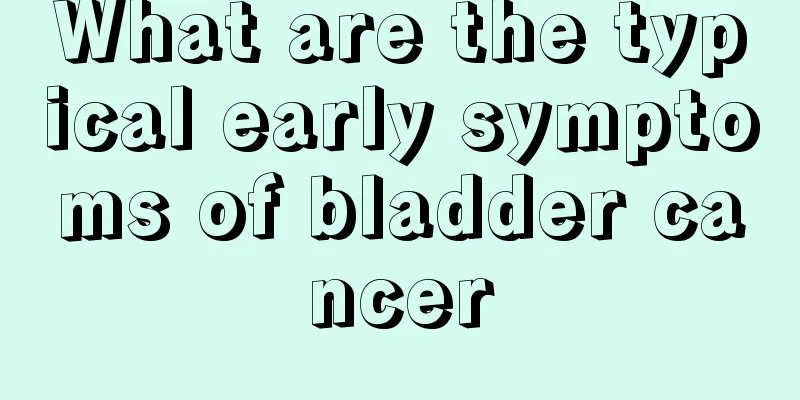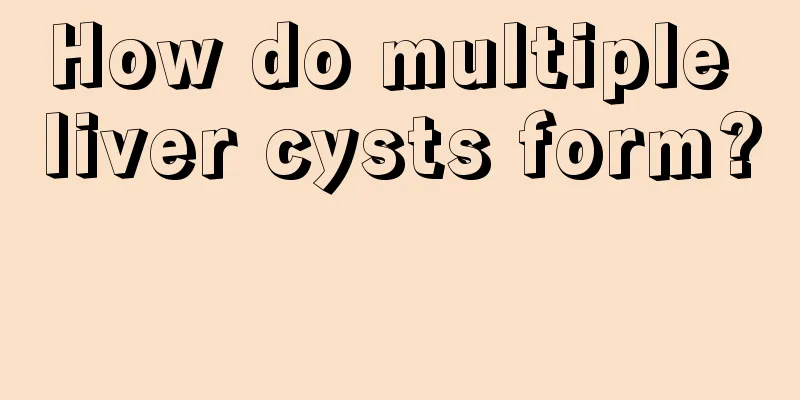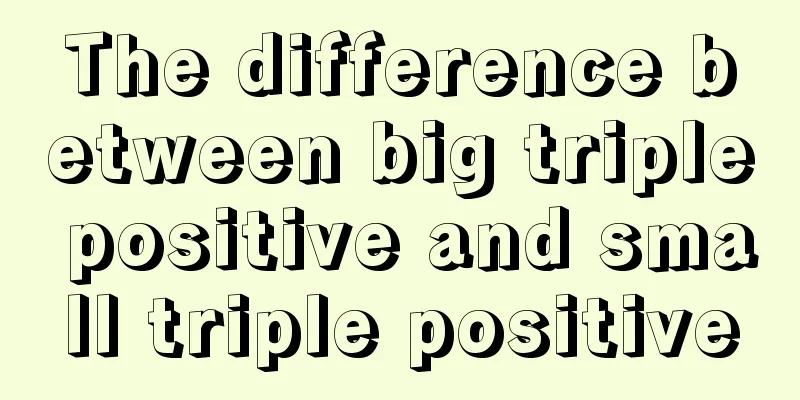Vitamin C and milk
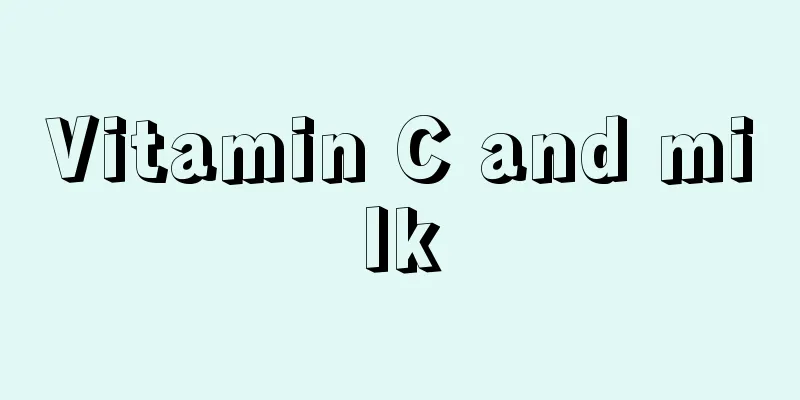
|
Vitamin C contains a lot of nutrients. It can help the human body improve its immune function, play a rich antioxidant role, and also satisfy the absorption of calcium and iron. When taking vitamin C, you should pay attention to the fact that vitamin C has natural enemies. Although vitamin C and milk are completely incompatible, vitamin C supplements should avoid these natural enemies to prevent them from becoming ineffective. The biggest natural enemy is "water" Vitamin C is a water-soluble vitamin and is more easily lost when in aqueous solution. For example, when washing vegetables, vitamin C will be lost from the cut with the water; when blanching vegetables, it will dissolve in the water and cause losses. In order to avoid excessive loss of vitamin C, it is recommended to wash vegetables before cutting, cook them immediately after cutting, and try to keep the vegetables intact when blanching. The second biggest natural enemy is "alkali" Vitamin C is stable in an acidic environment, but is particularly unstable in the presence of alkali and is easily destroyed. When it comes to alkali, many people think of the baking soda added artificially in cooking, but in fact the tap water we use for cooking is usually alkaline as well. These "alkalis" will affect the vitamin C in food. Adding a little vinegar when cooking dishes will not only make the dishes crispy and delicious, but also prevent the destruction of vitamin C. For example, it is best to add a little vinegar when stir-frying shredded potatoes and bean sprouts. The third natural enemy is "heat" Vitamin C is very afraid of heat. The vitamin C in vegetables will be lost during cooking methods such as blanching, steaming, stir-frying, frying and deep-frying. When heated at high temperature for a long time, vitamin C is lost more. Therefore, when cooking, try to use less frying and other cooking methods. Stir-frying over high heat can shorten the cooking time of dishes and thus reduce the loss of nutrients. In addition, onions, ginger, and garlic have strong antioxidant properties. Adding some of them during cooking can play an antioxidant role, which helps delay and reduce the destruction of vitamin C. The fourth natural enemy is "light" Studies have found that vitamin C is lost when food is exposed to light. When storing cooking ingredients or after cooking, try to avoid exposure to sunlight. It will be better to keep them in the refrigerator. The fifth natural enemy is "oxygen" When vitamin C comes into contact with oxygen, it undergoes oxidation reaction, resulting in loss. Moreover, the destruction rate of vitamin C increases with the presence of metals, especially copper and iron, which have the greatest effect. Once many vegetables and fruits are cut or chopped and exposed to the air, the vitamin C is destroyed by oxidation. Therefore, whether it is vegetables or fruits, they cannot be kept in the air for a long time after being cut. |
>>: Kidney-warming and aphrodisiac medicine
Recommend
Is prostate cancer serious? Three serious consequences of prostate cancer are revealed
The early symptoms of prostate cancer are not ver...
Will people with endometrial cancer die?
Endometrial cancer patients should not have a des...
Folk treatment rules for esophageal cancer
Hello everyone, today we have prepared some knowl...
Three major benefits of soaking sea buckthorn in wine
Seabuckthorn is a wild fruit whose skin is covere...
Can I take birth control pills to delay my period?
Many people choose to take birth control pills wh...
Is it normal for a mole to have a black scab?
I believe many people have had the experience of ...
How to treat edema in late stage lung cancer
Lung cancer is a lung malignant tumor with a high...
What is anaerobic exercise?
Exercise has become the most important thing in m...
Common risk factors for colorectal cancer
Colorectal cancer is a malignant tumor second onl...
What does hp positive mean
HP positive actually refers to Helicobacter pylor...
Is autologous fat grafting harmful?
In modern society, in order to become more beauti...
How to protect liver function after interventional treatment for liver cancer? 5 ways to protect liver function after interventional treatment for liver cancer
Currently, there are many methods for treating li...
Which kind of mask is the best
Masks are a common and widely used piece of prote...
What are the symptoms of cor pulmonale?
Cor pulmonale refers to pulmonary heart disease, ...
Can patients with colon cancer get pregnant?
Colon cancer is a common malignant tumor of the d...

